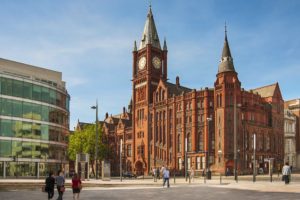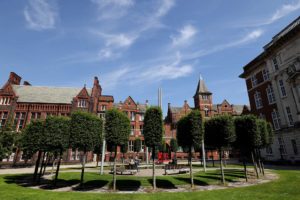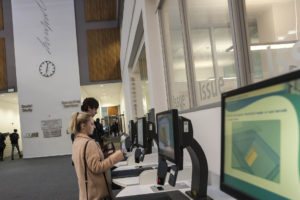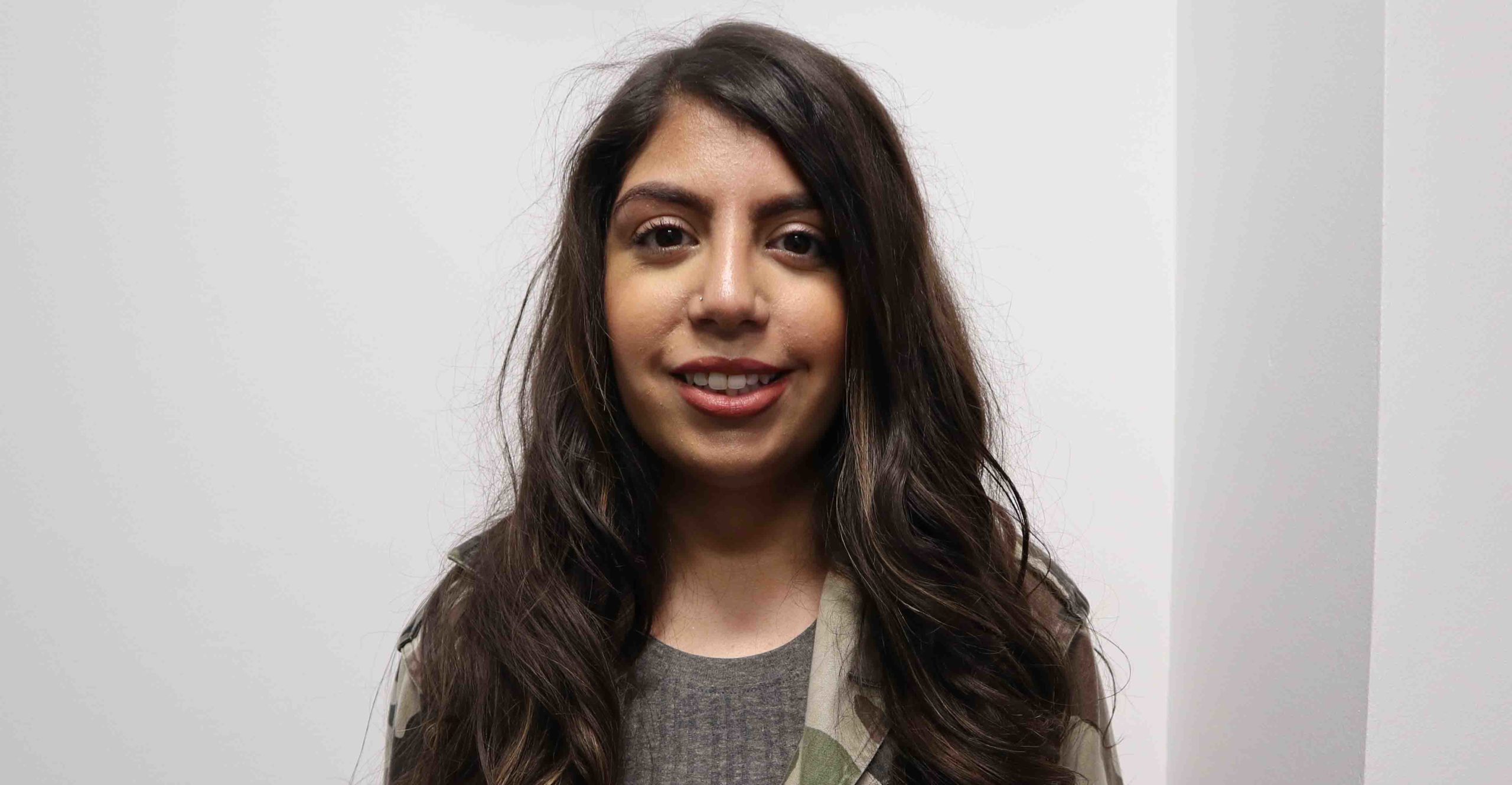How you'll learn
You will experience a range of learning environments during your studies at Liverpool. These will include student-centred activities as well as lectures, tutorials, laboratory practicals, dissection classes, fieldwork, data handling sessions and computer workshops. Some of these activities will be performed individually, such as personal research projects, and others in small tutorial or project groups, in addition to formal lectures and workshops. You will have research staff as well as your own academic adviser for individual tuition on our acclaimed tutorial programme.
How you're assessed
As well as factual knowledge and understanding, biologists need practical and organisational skills, and an ability to work both alone and with other people. We record the development of these abilities through continuous assessment during each semester and by final examination.
Liverpool Hallmarks
We have a distinctive approach to education, the Liverpool Curriculum Framework, which focuses on research-connected teaching, active learning, and authentic assessment to ensure our students graduate as digitally fluent and confident global citizens.
The Liverpool Curriculum framework sets out our distinctive approach to education. Our teaching staff support our students to develop academic knowledge, skills, and understanding alongside our graduate attributes:
- Digital fluency
- Confidence
- Global citizenship
Our curriculum is characterised by the three Liverpool Hallmarks:
- Research-connected teaching
- Active learning
- Authentic assessment
All this is underpinned by our core value of inclusivity and commitment to providing a curriculum that is accessible to all students.









